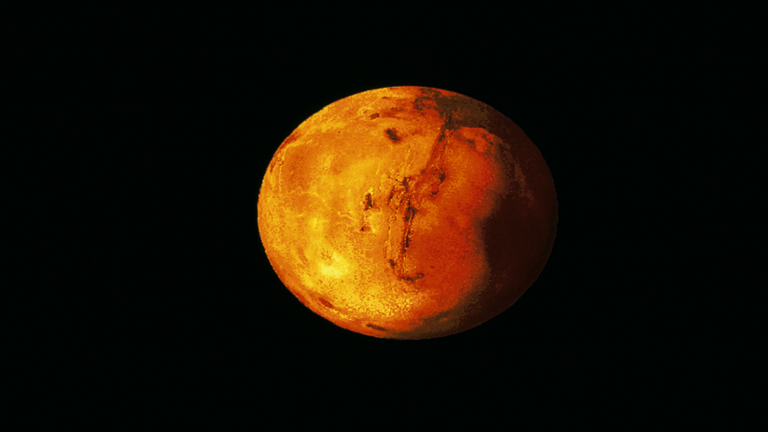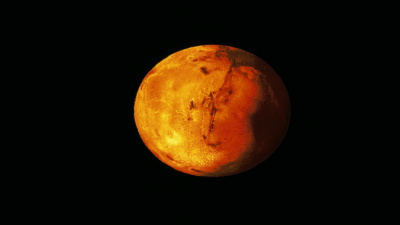If humanity ever wants to leap between planets from Earth to Mars, the ability to grow food will be vital. Matt Damon found a way in the popular 2015 film *The Martian*, where he survived on potatoes throughout the fictional story. This vision may now be a bit closer to reality, after American scientists discovered that clover plants could be the key to growing healthy vegetables on the red planet. They found that clover grows well in volcanic soil that mimics Martian regolith, and that clover can then be converted into fertilizer to help grow turnips, radishes, and even lettuce. The researchers also used marine bacteria to remove salt from saline water. They say this together demonstrates that it is possible to utilize Martian resources to grow plants and sustain human missions and permanent settlements.
Martian regolith is primarily composed of volcanic basalt rock, which is low in nutrients and poor in water retention due to a lack of organic carbon. Moreover, most surface water on Mars is trapped in polar ice caps, while any liquid water is likely to be highly saline, making it unsuitable for growing plants for food. In an attempt to explore how Martian resources could be used to produce food, researchers from Iowa State University grew seeds of turnips and clover in containers with ground basalt rocks, designed to simulate Martian soil. While turnip plants grown in the basalt were stunted and produced small, discolored leaves, clover was able to thrive without any additional fertilizer.
The researchers then decided to test whether clover could be used as a food source for other crops grown in the simulated soil. They used turnips, radishes, and lettuce, as these plants all have very high harvest indices, low water absorption, short growth cycles, and require little attention, making them desirable food sources during Mars colonization. They found that adding clover to the soil enhanced the growth of all three types of plants. The growth of turnip plants increased by 190%, producing healthy bulbs, while the biomass of radish bulbs and lettuce leaves increased by 311% and 79% respectively.
Next, the researchers studied how to irrigate these crops on the Martian surface. They devised a saline solution to mimic water on Mars and then added a marine bacterium called *Synechococcus*, known for desalinating highly saline water. Within four weeks, the salinity of the water dropped by about 32%, but it was still too salty to produce healthy crops. They then filtered the solution through basalt-type volcanic rocks, further reducing the salinity.
When the filtered solution was used to irrigate the turnip and radish plants grown in clover-treated simulated regolith, both grew healthily. The dry weight of turnip plants increased by 278%, and the fresh weight of radish bulbs increased by 1047%. The researchers wrote in their paper: "One of the major challenges for future human missions to Mars is the complexity of sending the required consumables from Earth. We have reported simple and effective strategies for treating basalt regolith and saline water, and we demonstrate that treated simulations can sustain normal growth of food crops." This study suggests that for long-term purposes, it is possible to process soil and water resources on-site for agriculture on Mars to sustain human missions and permanent settlements. The study was published in *PLOS ONE*.




